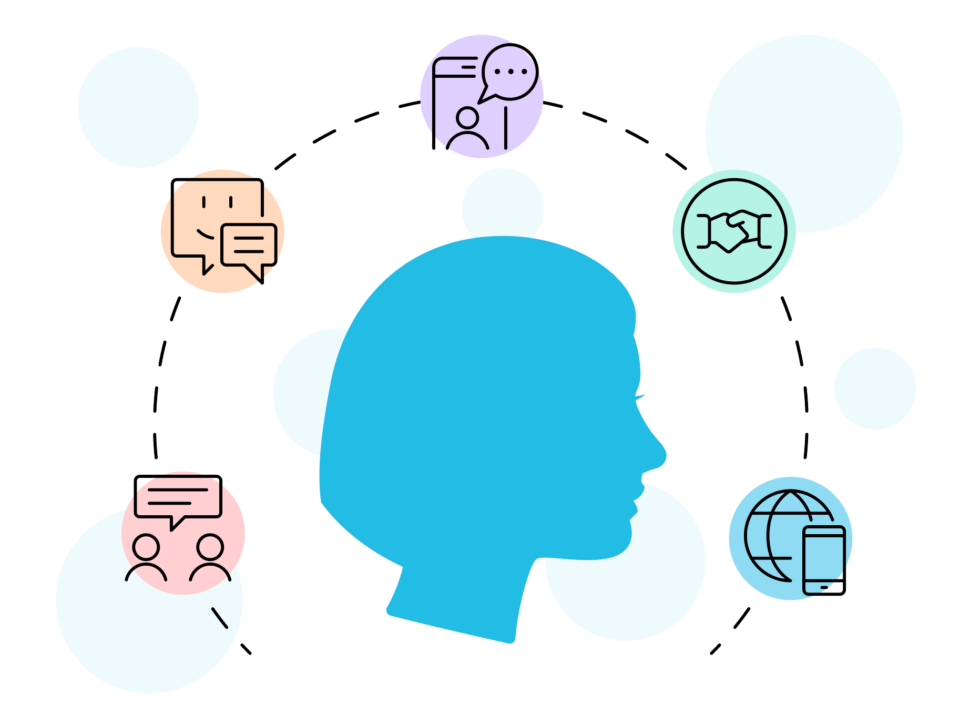In “Literacy, Discourse, and Linguistics: Introduction,” written by James Paul Gee,sets the stage for his exploration of literacy as a social practice immersed in specific contexts. Additionally, In “Multiple Literacies, New Literacies, and Teacher Education,” Gina Cervetti discusses the evolving grounds of literacy instruction in the context of contemporary society. She explores the idea that literacy is no longer confined to traditional reading and writing skills but highlights a range of literacies necessary for navigating today’s complex world. Gee discusses the ways in which literacy extends beyond reading and grammar, but how it requires navigation in several different discourse communities with different rules and understanding. Through his work, he is able to introduce the concept known as “Discourse with a capital “D,” where he notes a way of speaking, writing, reading, and acting. Each concept is described as a characteristic of specific social groups, arguing that literacy is not a neutral skill, but a skill that is deeply connected with power dynamics and social structures. When we are able to understand and process the varying discourses that people are a part of, we can better understand the construction of meaning.
In my personal life, I can understand what Gee is discussing on the grounds of literacy as he highlights different social dynamics that are involved with literacy such as the way we communicate with one another including slang or emoticons as a contemporary communication source. He says that the way people talk, read, write, and behave is influenced by the groups they belong to, and this affects how they understand the world.
Gee’s concept of primary discourse emphasizes how early socialization experiences have a significant impact on people’s language use, cognitive abilities, and social identities. It is crucial for educators, policymakers, and researchers to understand primary discourse if they are to foster effective communication and social inclusion in a variety of cultural situations. Secondary discourses, as introduced by Gee, are the language and communication styles that individuals acquire beyond their immediate family or primary social group. These are learned in more formal settings like schools, workplaces, or other social environments outside of the home. Secondary discourses are what you pick up from places like school, work, or interactions with people outside your family or close community.





Leave a Reply